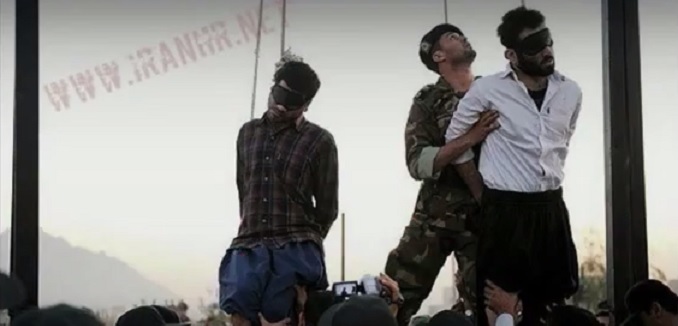Descriptions of Iranian abuses in the State Department’s annual human rights review – unveiled at a Thursday press conference alongside particularly grim evaluations from Uzra Zeya, acting assistant secretary of State for democracy, human rights and labor – risk consolidating deepening concerns that Iranian President Hassan Rouhani is either unable or unwilling to substantively improve democratic freedoms and civil rights in the Islamic Republic. Zeya described 2013 as having seen “some of the most egregious atrocities in recent memory,” and both the substance of the report and coverage of its findings revolved around outrages in Iran and Iranian client state Syria.
McClatchy wrote up its coverage of the report under the straightforward headline “Iran still among world’s worst human rights abusers.”
The report documented Iran’s record of floggings and court-ordered amputations, discrimination against ethnic and religious minorities, crackdown on press freedoms and 624 executions – many after flimsy trials.
“We’ve seen little meaningful improvement in human rights in Iran under the new government, including torture, political imprisonment, harassment of religious and ethnic minorities,” said Uzra Zeya, the acting assistant secretary of state for democracy, human rights and labor. “Overall the situation remains poor.”
USA Today conveyed Zeya’s comments as assessing that ‘abuses have continued and even worsened under the new presidency of Hassan Rouhani.’ The statements echo similar ones made by Ahmed Shaheed, the UN special rapporteur on human rights in Iran, who last fall reported that Rouhani’s election had not introduced any fundamental changes in Iran’s approach to human rights.
[Photo: Joudiasghar / YouTube]




